The reality of a large proportion of Brazil’s population differs from that of the central areas of large cities, where conventional sanitation is common. Small urban clusters, isolated houses, farms, homesteads and remote districts should have appropriate sanitation systems, be it water supply or sewage collection and treatment, in other words, local sanitation. This type of sanitation, which has its own peculiarities that involve the adaptation of systems, scale and handling methods, is one of IPT’s areas of activity.
One of the possible factors that interfere with sanitation systems is the low declivity of the terrain in some areas, such as in coastal regions. In these cases, IPT develops appropriate technologies for effluent collection, enabling the use of sewage systems at lesser depths than those of conventional systems.
Urban water management and sewage collection and treatment systems also involve management of diffuse pollution generated in urban areas. Diffuse pollution is a form of intermittent contamination originating mainly from rainwater runoff, which drags an enormous variety of materials, soluble or otherwise, from large expanses of land into water bodies. Diffuse pollution is responsible for a significant pollution load. Its control is currently one of the major concerns in the area of sanitation, since it requires multiple actions in the treatment of rainwater runoff, and evaluation of the contamination of water bodies and of the area where it originates.
All sanitation systems must operate within adequate efficiency limits established by legislation or by guideline parameters. Apart from performing evaluations, IPT also works on the development and establishment of indicators to evaluate urban systems and sanitation sites.
One of the possible factors that interfere with sanitation systems is the low declivity of the terrain in some areas, such as in coastal regions. In these cases, IPT develops appropriate technologies for effluent collection, enabling the use of sewage systems at lesser depths than those of conventional systems.
Urban water management and sewage collection and treatment systems also involve management of diffuse pollution generated in urban areas. Diffuse pollution is a form of intermittent contamination originating mainly from rainwater runoff, which drags an enormous variety of materials, soluble or otherwise, from large expanses of land into water bodies. Diffuse pollution is responsible for a significant pollution load. Its control is currently one of the major concerns in the area of sanitation, since it requires multiple actions in the treatment of rainwater runoff, and evaluation of the contamination of water bodies and of the area where it originates.
All sanitation systems must operate within adequate efficiency limits established by legislation or by guideline parameters. Apart from performing evaluations, IPT also works on the development and establishment of indicators to evaluate urban systems and sanitation sites.

